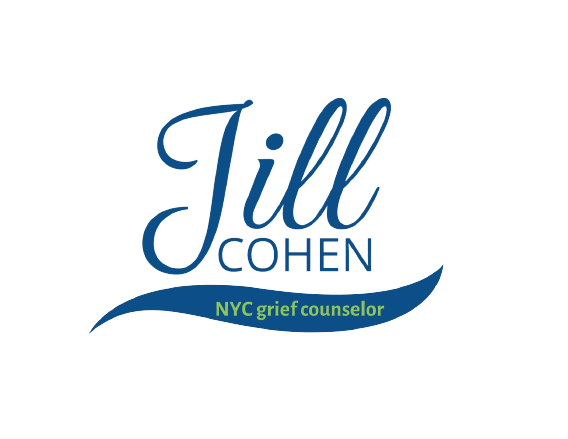When A Grandparent Dies, The Loss Can Be Large
3 Minute Read
Children Are “The Forgotten Grievers”
In my grief counseling practice, I am constantly witnessing the significance that the death of a grandparent can play in a child’s life. These days, many grandparents have a starring role in a child’s life, handling the childcare for working parents and seeing their grandchildren on a very regular basis and in a very engaged way.
Why Is Grandparent Loss So Difficult?
Gone are the days when the Grandma or Grandpa role was “sit in chair, read stories and offer hard candies” to grandchildren.
Now, we find grandparents playing ball with their grandchildren, crawling around the floor playing games, and climbing up and down rocks in the park.
When a grandparent dies, there is a hard stop to these fun sleepovers, unconditional love, escape from ‘real life’ to a fun world where rules are not always enforced. There is a gap, to be sure, a void in the life of grandchildren.
How the Loss of a Grandparent Affects a Child
For a child, the death of a grandparent can present a big life change. After the death, the child’s life, routines, and their environment will look differently than it had prior to the loss.
Schedules are varied, parents act differently (more emotionally, more stressed out), and there can also be a big void in the amount of attention paid to the child.
Children are the “Forgotten Grievers”
Keeping in mind that children are the “forgotten grievers”, consider these thoughts for a moment or two.
This is likely to be a child’s first experience with death. It’s confusing and scary, and the child is living in new and uncharted territory.
Children grieve differently. They grieve in spurts. If they are sad for a few minutes, then they move to another activity. You may think that they are “fine.” They can’t sustain their grief for longer periods, but it doesn’t mean that they are not grieving. In fact, their grief manifests itself in anger, “zoning out,” distraction, difficulty going to sleep, lack of focus, constant crying or screaming, and becoming highly attached to adults.
Multiple family members are grieving at the same time since death impacts the family as a whole. As a result, children can feel alone, and neglected. The children may be nervous about interrupting the dynamics that are going on around them, which they may not even understand.
The new life can seem like a big jigsaw puzzle, in which it’s hard to fit the pieces together. Or a rat race, - with a lot of chaos and commotion, with people coming and going at all times. Nothing makes sense. So much is going on around the kids. Emotions run high, grieving styles of family members differ, and there may even be more bickering and disagreements than usual around the house.
A child’s grandparent may have played the role of “parent” even more than the parent. Many kids rely on their grandparents for many of their social, emotional and physical needs. When a close grandparent dies, the grandchildren often feel like the loss in an intensely painful way, as if it were their parent.
Who will treat me like a prince or a princess, now that my grandparent has died? A child may wonder. Who will spoil me with love, attention, presents and self-esteem? It is a precarious time, especially if a child has lost his/her best fan.
The Impact of a Death on a Child
As a grief counselor for children and adults, I will tell you to:
NEVER UNDERESTIMATE THE IMPACT OF A GRANDPARENT’S DEATH ON A CHILD.
You may be tempted to believe that since the child’s parents are still alive, and the child gives the impression that life has returned to normal, you’ve escaped with minimal side effects.
But, that may not be the case at all. And it’s better to catch the kid’s grief in its earlier stages. Grief counseling for children is as important as it is for adults. Children need a space and a place for feeling their feelings and being understood.
I can be that grief counselor for the children in your life who are grieving the death of a love one.




